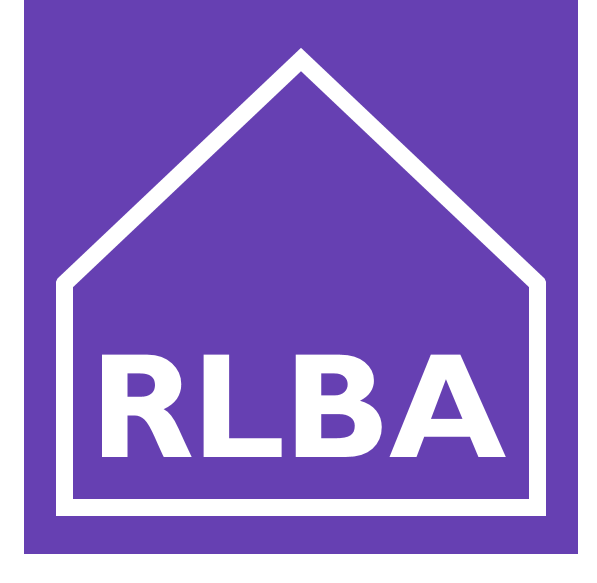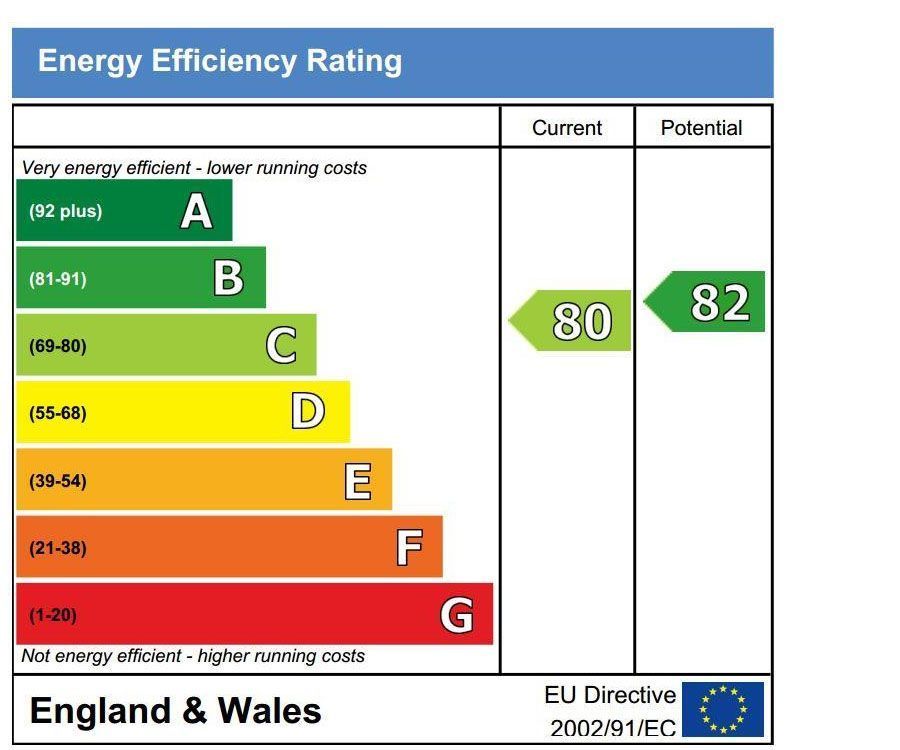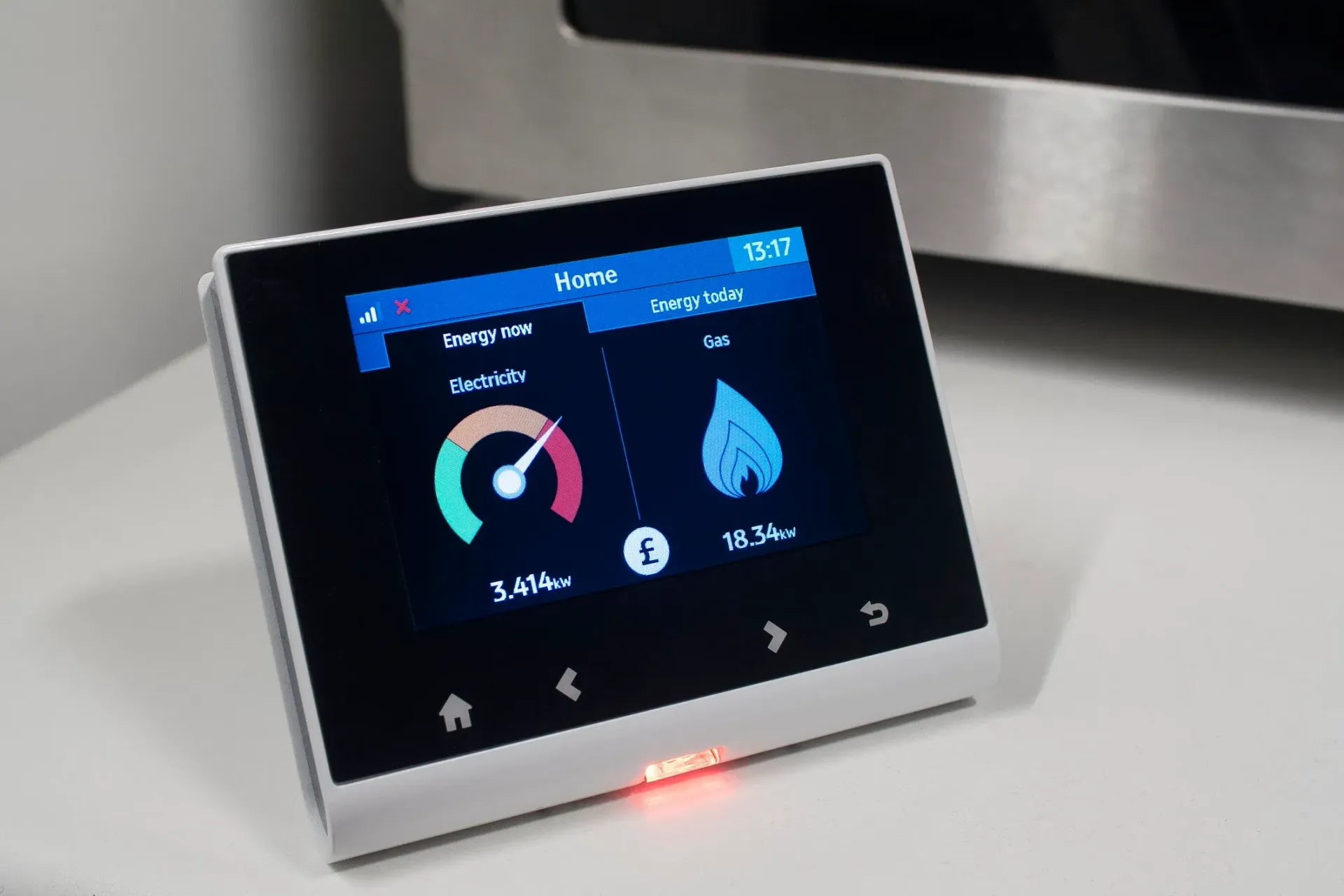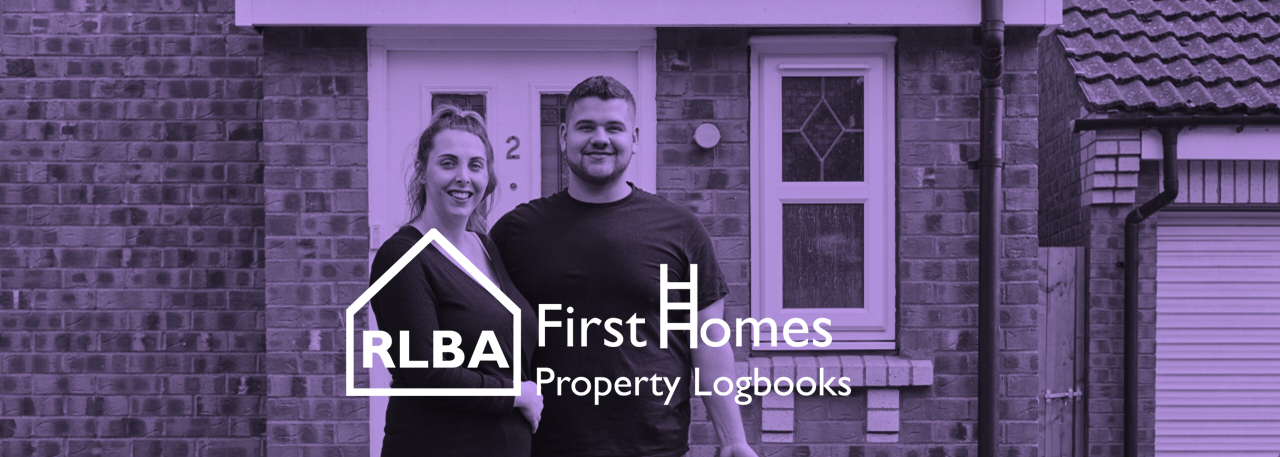By David Graydon
•
September 26, 2021
We work with over 200 private residential, build to rent and commercial developers, managing agents and housing associations. Spaciable – our award-winning portal – digitalises their sales, handover and aftercare processes. By making these processes more efficient and automating numerous time-consuming tasks, Spaciable saves our clients time and money. Admins and home users each have access to bespoke dashboards in the developer’s branding. Admins can use their dashboard to create events and invite residents, using the calendar feature, as well as upload important documents and communicate with home users on a development, phase or individual plot basis. Home users have access to a wide range of plot specific information, such as their fixtures and finishes, a library of documents relating to their home, including appliance manuals and our expertly written home user manuals, key contact details, FAQs, an area guide, a defect reporting tool, a home designer suite, and access to exclusive deals and offers. By pre-empting common issues faced by home users and giving them the tools to self-serve solutions, customer care calls are reduced, costly call-outs drop and customer satisfaction skyrockets. Spaciable is an omnipresent reminder of the elite customer experience your brand provides. We are the market leader with a digital delivery of over 100,000 plots for a number of reasons – one of which is our ability to evolve and adapt. With Spaciable, our clients benefit from continued development and additions. This has recently included two game changing new features: My Journey and Spaciable Legal. My Journey is a digital handholding tool that guides home users through the entire homebuying journey, from sale through to legal completion and beyond, thereby getting sales across the line in less time and improving cashflow. By breaking the journey up into easy-to-follow steps with instructions for what needs to be done, home users feel supported throughout the process, without time consuming input from sales teams. This ensures key tasks don’t get missed, causing costly delays to legal completion and frustration for all parties. Spaciable Legal is already revolutionising the way homes are sold, with completion times reducing by 48% and with 67% fewer fall-throughs. The incredible feature takes the conveyancing process online, using groundbreaking technology to provide instant quotes from solicitors, automating tasks, such as local searches, and facilitating all aspects of the process, from submitting queries and anti-money laundering checks to exchanging contracts and making payments. By providing all of this through a single platform used by sales teams, solicitors and home users, the process becomes more transparent, minimising buyer frustration and the need to chase for updates. What’s more, Spaciable Legal is a free add-on and can even earn developers commission from referral fees. This itself can offset the cost of Spaciable!











